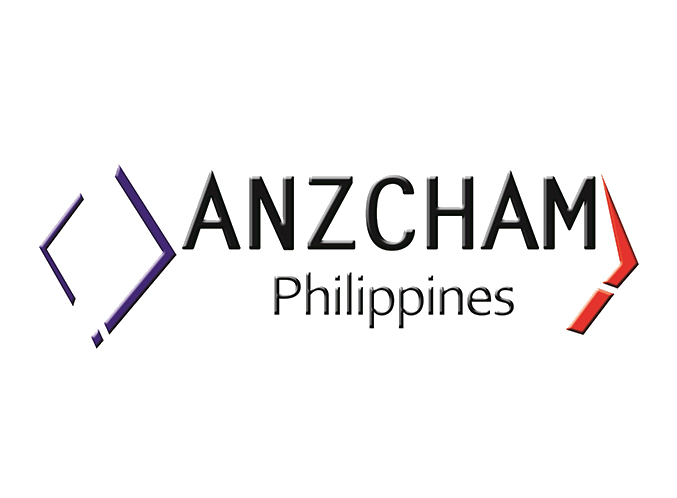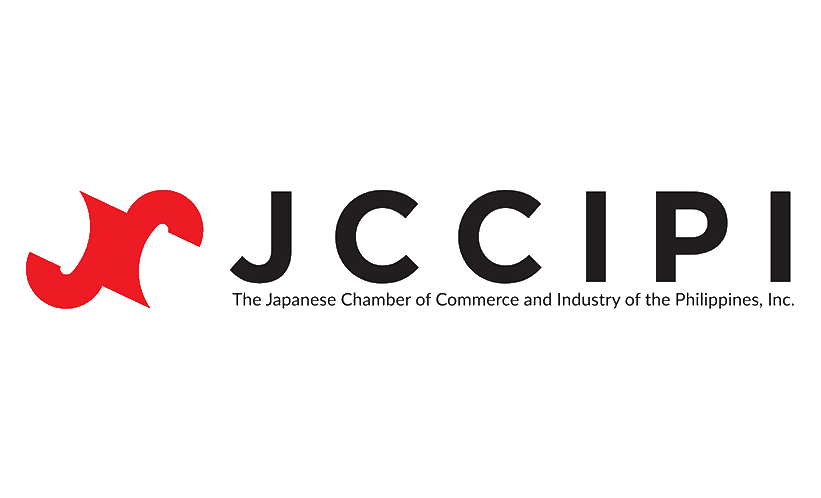More infrastructure work on launch pad
June 29, 2017 at 12:00
More infrastructure work on launch pad
Posted on June 29, 2017
PRESIDENT Rodrigo R. Duterte is ending his first year in office on June 30 with more infrastructure and social service projects — cumulatively worth some P304.45 billion — readied for launch, having bagged final approval from the National Economic and Development Authority (NEDA) Board in its meeting last Monday.

Socioeconomic Planning Secretary Ernesto M. Pernia previously said the impact of the government’s public infrastructure spending will result to an annual gross value added on economic output to an average of 3.4% as percent of real GDP in nominal terms until 2022. Photo by Bernard Testa/InterAksyon
NEDA said the policy is designed to harmonize “all transport-related projects in the country” in a network that is “safe, secure, reliable, efficient, integrated, intermodal, affordable, cost-effective, environmentally sustainable, and people-oriented.”
“In particular, the policy will synchronize decisions and investments of all transport-related agencies and better coordinate such efforts between the national and local levels.”
The statement quoted Socioeconomic Planning Secretary Ernesto M. Pernia as saying that “[t]he NTP is a priority strategy reflected in the PDP as we seek to provide accessible social services through better connectivity,” referring to the Philippine Development Plan 2017-2022 which the NEDA Board approved in February.
The NEDA Board also approved 11 projects last Monday, namely the:
• P211.43-billion Malolos-Clark Railway Project that will be financed by official development assistance (ODA) and which will involve construction of a 50.5-kilometer Malolos City-Clark International Airport commuter line under the first phase and a 19-kilometer (km) Clark International Airport-Clark Green City line for the second phase;
• P35.26-billion 102.28-km Tagum City (Davao del Norte)-Davao City-Digos City (Davao del Sur) first phase of the 830- km Mindanao Railway Project which will be funded by government and which is programmed to be operational by 2020;
• P12.55-billion Clark International Airport Expansion Project (local financing and public-private partnership for operation and maintenance) that will build an 82,600-square-meter (sq.m.) terminal building that can accommodate eight million passengers a year and which should be completed by 2019;
• 30-month ODA loan validity extension and reallocation of Transportation department funds for the P10.87-billion New Communications, Navigation and Surveillance/Air Traffic Management Systems Development Project that will involve installation of an Air Traffic Management (ATM) Automation System and construction of the Manila ATM Center Building in Pasay City near the Ninoy Aquino International Airport under the first phase, as well as installation of communications and surveillance equipment in the Tagaytay, Palawan, Zamboanga and Davao radar sites.
• change in financing to ODA from PPP for the P10.86-billion (from P18.72 billion previously) New Centennial Water Source-Kaliwa Dam Project designed to increase Metro Manila’s raw water supply by 600 million liters per day and which should be completed in two years;
• P9.89-billion 151.5 square kilometer Cavite Industrial Area Flood Risk Management Project which the Department of Public Works and Highways will build with ODA financing and which will widen the San Juan River channel and improve drainage for Maalimango Creek by April 2024, benefitting around 8,000 households and 50 industrial firms;
• change in scope, cost and financing scheme (via ODA) of the P4.62-billion (from P3.34 billion previously) second phase of the Arterial Road Bypass Project that will complete by 2019 the remaining segments of the Plaridel Bypass Road to ease traffic at the interconnection of the North Luzon Expressway with the Daang Maharlika Highway;
• P3.47-billion Education Pathways to Peace in Conflict-Affected Areas of Mindanao which the Department of Education will undertake, via ODA, from July 2017 to 2026 by improving access to and the quality of primary education in the Autonomous Region in Muslim Mindanao;
• new configuration of the P2.8-billion 13,700 sq.m. Light Rail Transit (LRT) Line 1 North Extension Project-Common Station/Unified Grand Central Station (North Extension Project) that will connect LRT 1 North Extension, Metro Rail Transit (MRT) 3 and MRT 7 at the corner of North Avenue and EDSA by April 2019;
• P2.7-billion three-year Chico River Pump Irrigation Project, including a shift to ODA financing;
• and P1.19-billion Australia Awards and Alumni Engagement Program-Philippines that will address human resource and organizational issues of development partner organizations from September 2017 to 2025. — EJCT




























